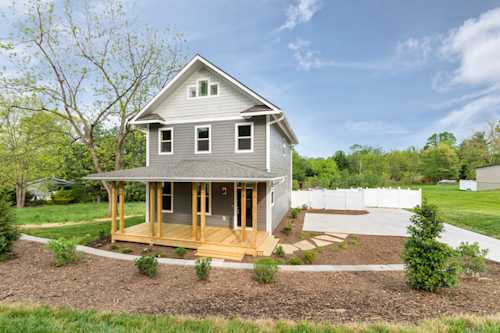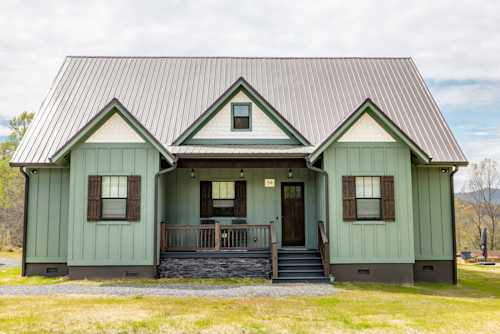Our customers are often surprised to learn that even the largest banks in the United States don’t offer support for construction loans. And if they do, sometimes their construction loan products aren’t as competitively priced when compared to smaller regional lending institutions. Throughout our 15-year history, we’ve worked with many banks in western North Carolina and upstate South Carolina, and we’re here for you every step of the way, right up to the closing table.
Everybody Needs It
If you’re like most people interested in building a home, you’re going to need financing. The good news is, obtaining a construction loan isn’t much different than securing financing for an existing home. Most all construction loans are converted into traditional home loans once construction is complete and the new home is appraised.
These types of loans are commonly referred to as “construction-to-perm” or “construction-to-permanent” loans by those who speak the industry jargon. You'll typically negotiate the terms of your permanent loan before construction begins.
Purchasing Land Simultaneously
If you already own land and have equity in the land, this equity can usually be accounted for and factored into the overall financing of the home you’d like to build. If you don’t own land yet, oftentimes it makes sense to contract for the land and home simultaneously. In most cases, the bank will combine the two contracts into one loan with one closing on the same day.
What’s A Draw Schedule?
A draw schedule is a pre-determined timeline detailing how banks will disburse funds to you or your contractor throughout the construction of your new custom home. Typically, a lender will have its own set of standards that they like to adhere to for construction loans. The Sundog team has a great track record coordinating with lenders and accommodating their specific needs to ensure a smooth and seamless building process. We make sure to collect all the information we need to lay out the draw schedule timeline upfront before we break ground on your new home and before you start making payments on your construction loan.



